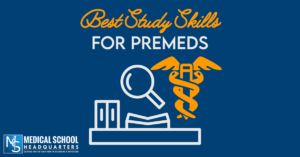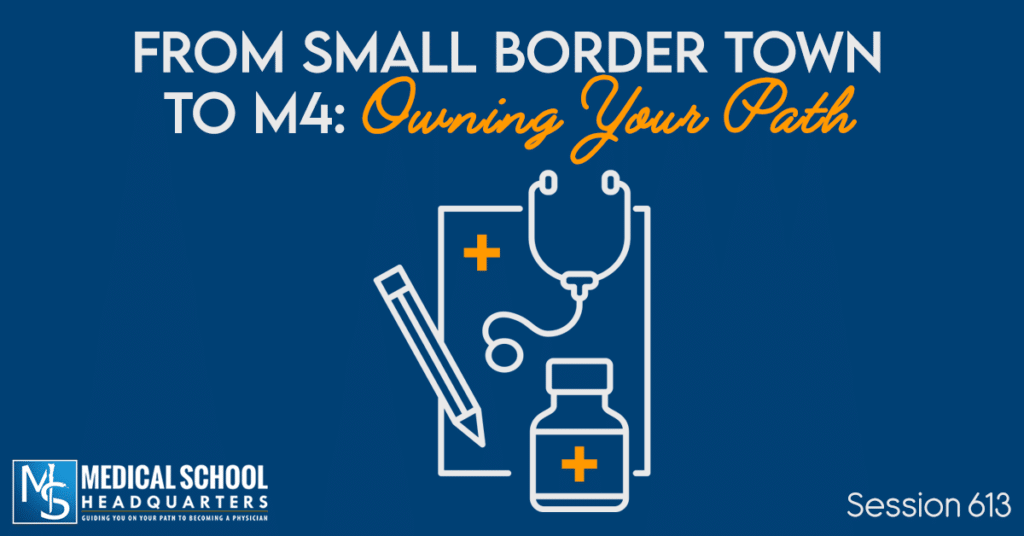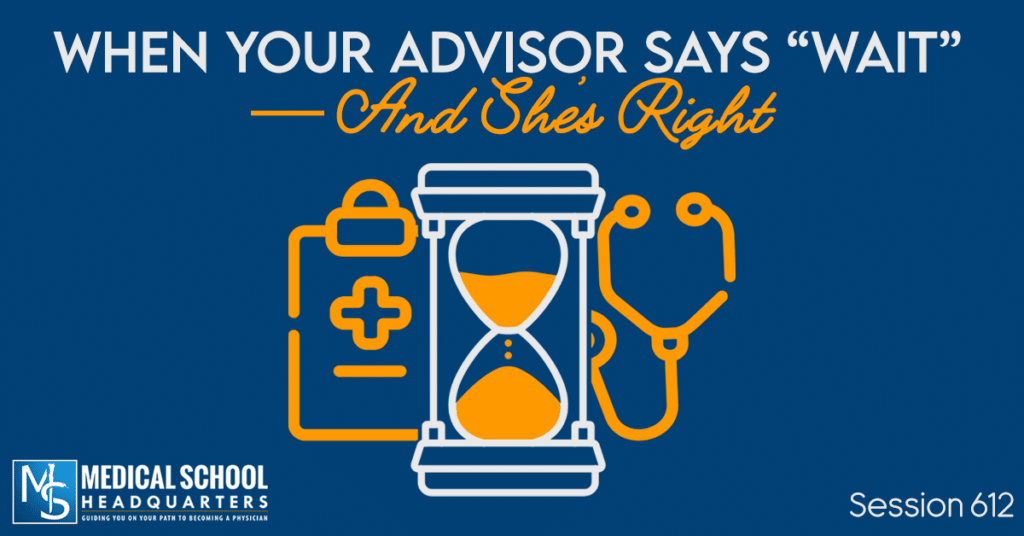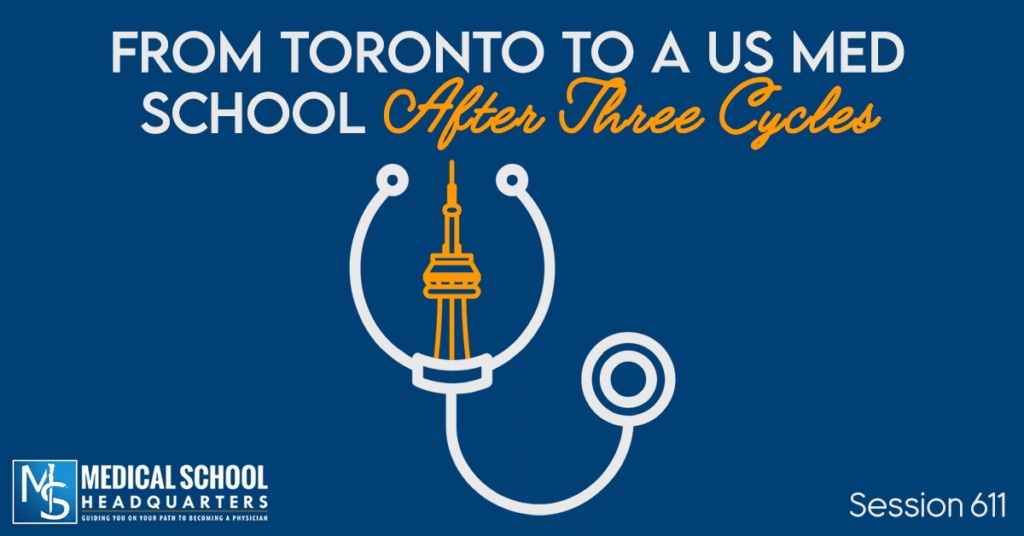Whether you’re starting college, studying for the MCAT, or facing a semester of organic chemistry or other prerequisites, you might be wondering how to get better at studying. How do you learn the massive amounts of information presented to you efficiently, perform well at test time, and have time to relax? This post aims to teach you to study well and get the most out of the time you do spend studying, hopefully reducing the amount of time you spend staring at textbooks.

Active vs. Passive Learning
Both active and passive learning have their place, but if your study strategies aren’t working for you, you might be using too much passive learning. Passive learning might look like rereading your notes or rewatching a lecture, hoping the information sticks in your mind.
Active learning can be anything that pushes you to think critically and engage with the information you’re learning.
Apple Podcasts | Google Podcasts
Getting the Most from Passive Learning
When you’re learning something for the first time, you need to focus on passive learning like note-taking or rewatching sections of a video that make less sense to you. There are also still ways to make this passive learning time more productive and efficient. When taking notes on a video or lecture, only write down the key points. Do your best to condense the information as you’re taking notes. If you try to write down everything, you may spend an hour or more watching a short video. It’s also a good idea to pause while you write down those select bullet points so that when the speaker is talking, you’re really listening and not trying to write.
Active Learning Techniques
Teach Someone Else
You know you understand something well when you can teach it to someone else. This is especially true of teaching it to someone with little background in the topic. This is a case where study groups can be really useful. However, you need to self-monitor and make sure you’re staying on topic. If you find yourselves getting distracted, it might be good to break off to study individually and then come back together to discuss the topics you just went over.
You can also pair up with a study partner and work through a question out loud together. The two of you can work toward a solution to the question and then check to see if you were correct. This is much more engaging than studying completely alone.
Apple Podcasts | Google Podcasts
Draw or Write It Out
This technique is great for reviewing biochemical or physiological pathways. Watch a video or read a passage the very first time you’re learning the pathway, and after that, it’s time to practice. Take a blank sheet of paper and write or draw as much as you can remember. If you’re unsure of something, mark that. Then, compare the finished drawing to the resource you used to learn it. Now, you can go back over only the sections you missed instead of reviewing the entire thing over and over.
Practice Questions
When you’re reading over your notes or textbook, it’s easy to convince yourself you know it well because the information all feels very familiar. Practice questions are a much better way to gauge if you actually know the information and can recall it when prompted. Recognition is stronger than recall, so it’s easy to overestimate your understanding when relying on recognition alone.
Change It Up
If you find yourself getting distracted, either take a set break and come back to it or switch to a different method. No one is purely an auditory or visual learner. The vast majority of people are a mixture of all of the learning styles, even if you have preferences. Learning the same information in a different way can help keep your brain engaged and keep you from stagnating. It’s also good to know your limits and recognize when you need a longer break or need to stop for the day.
Reflect on Your Successes and Failures
After each test and each class, you should take the time to reflect on what went well and what went poorly. It’s only by acknowledging your shortcomings that you can find areas for growth and improvement. If you do the same thing each time, you can expect to get the same results.
You can use MappdApp to track your grades and courses, along with any reflections on your course. This will allow you to see the big picture of your academic career and see any trends in your grades. One bad semester can feel like the end of the world, but hopefully, the GPA graph can show you that it’s your trend and story that matters, and not any one grade.







